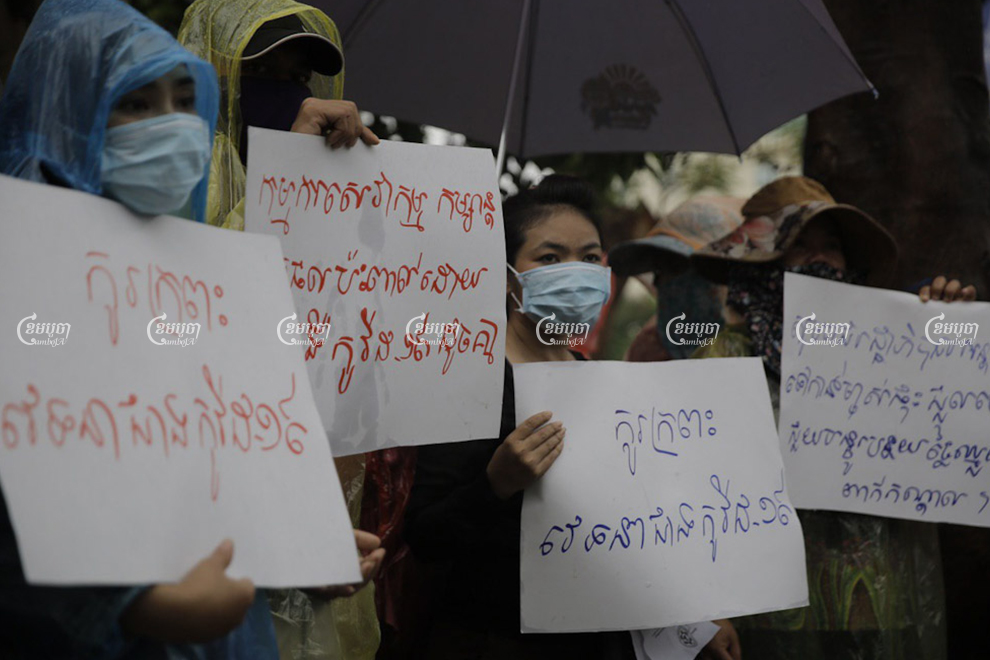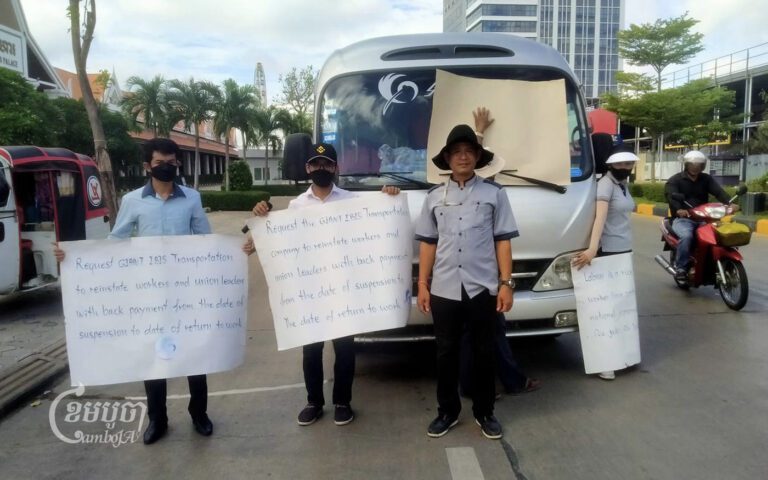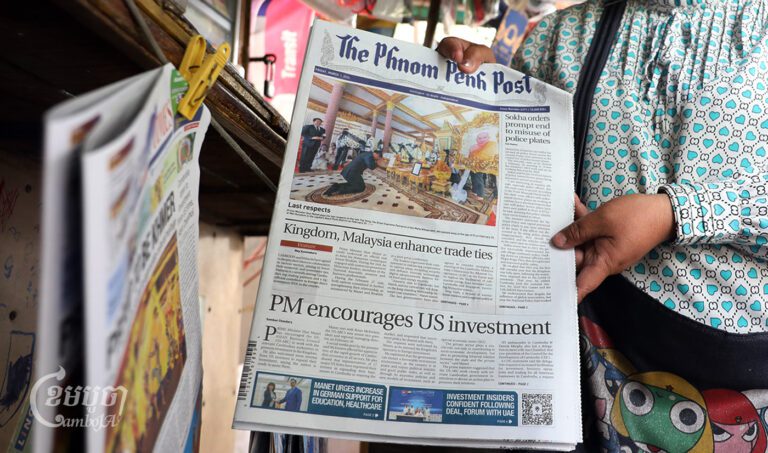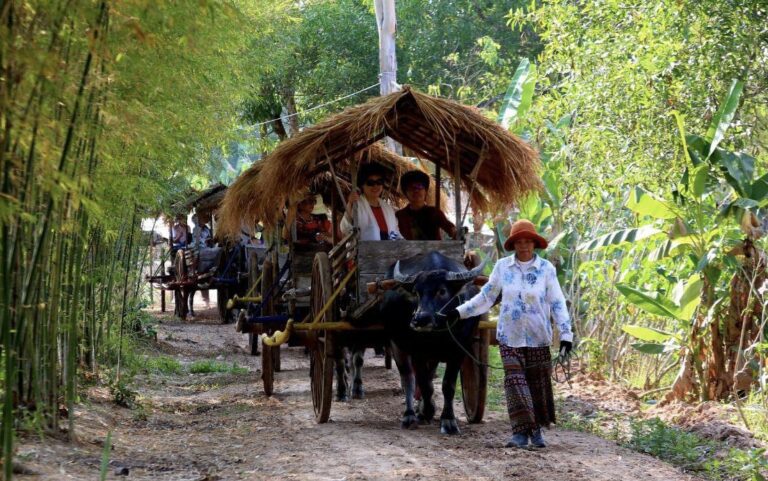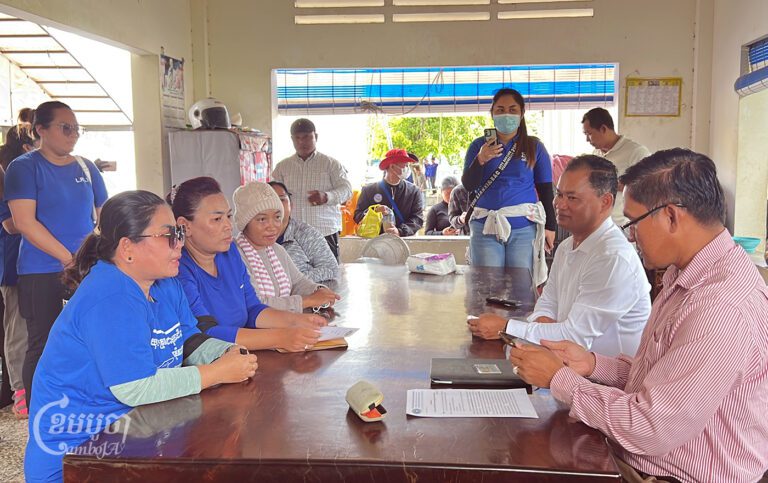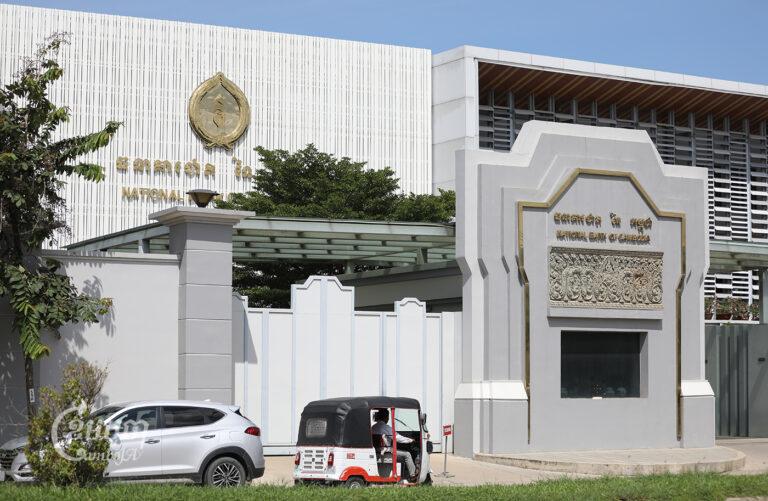Workers in the informal sector are singing for support, with the release of a song last week that says they’ve been ignored during the COVID-19 pandemic and pleads for financial assistance from the government.
The ballad, entitled “No One Left Behind,” describes new challenges for those working in informal jobs that have been ravaged by the pandemic – such as massage parlors, restaurants, karaoke and beer gardens – with an increasing number falling deeper into unsustainable debt.
Produced and released by the Cambodian Food and Service Workers Federation (CFSWF), the song portrays the case of a masseuse in Siem Reap province who was the main provider for her family of 10 until she lost her job when the pandemic caused business across the country to shut down.
“Wealthy employers have prayed to the Lord for help; As for us workers, we have pleaded for assistance, but no one had responded,” the song goes.
The government has set aside $1 billion to offset the effects of the pandemic, with those laid off from the garment and tourism industries eligible for $40 per month, and a seventh round of assistance for families registered under the ID Poor system announced last week.
The idea to record a song drawing attention to the plight of informal workers – who mostly work with no contracts and no social security – came after months of campaigning, including petitioning the ministry of labor and King Norodom Sihamoni, were unsuccessful, said CFSWF president Ou Tepphallin.
“Since the outbreak of COVID-19, workers in the entertainment sector have not received any support from the government, so we composed this song… It is a message, asking the government to establish policies that support effected workers equally,” she said.
“The government has committed to ‘not leave anyone behind’ but in the context of COVID-19, the government has failed. This is discrimination built into state policy.”
Tens of thousands of people lost their jobs when the government ordered entertainment venues to shut down in March and then again in November, with advocates saying many were left unable to pay rent or buy food.
A recent amnesty allows some venues to reopen as restaurants, but employers were unlikely to rehire those that had been laid off, with many of them having returned to their homelands, Tepphallin said.
Spokesmen for the ministry of labor and the ministry of economy and finance declined to comment on the lack of support for informal workers.
Government spokesman Phay Siphan admitted that the informal workers were not catered for under current policy and said that eligibility for ID Poor assistance was their best hope.
“If they are unregistered, they do not pay tax,” he said. “But when those workers become vulnerable, poor people, they will receive social protection from the government through the ID Poor system.”
But for those who have fallen through the cracks and landed in the ID Poor system, it is a case of too little, too late, said Preap Saroeun, who receives 176,000 riel, about $44, per month under the system.
Laid-off from her job at a massage parlor, Saroeun, 45, must also provide for her daughter, who was among tens of thousands who lost jobs in garment factories after the pandemic shut down global supply chains.
When she fell ill in August, Saroeun took out a $1,000 microfinance loan, and now deals with debt collectors like tens of thousands of other Cambodians who are at risk of losing land put up as collateral, according to Worked to Debt, a report by Licadho, Central and the Cambodian Alliance of Trade Unions.
“The money provided by the government is not even enough to make the loan repayments,” of about $65 per month, she said.
“Now, we don’t have enough food to eat. I need rice to cook.”


